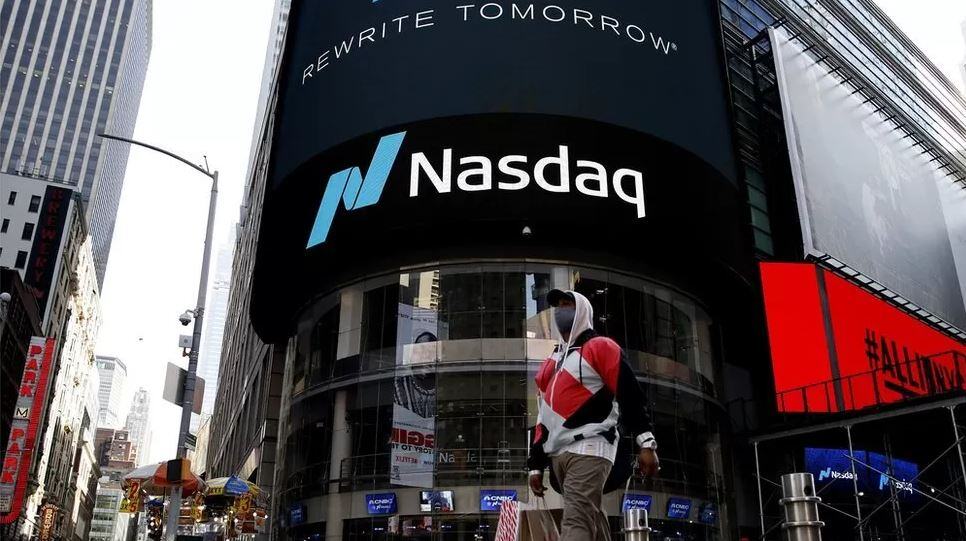Apple and Tesla stocks have fallen due to mounting fears about manufacturing line delays in China.
Apple’s stock reached its lowest level since June 2021. From its peak high in November 2021, Tesla’s stock has fallen 73%.
Due to Covid limitations and weeks of lockdowns, businesses have struggled to maintain manufacturing in China.
Now they face a manpower shortage as China confronts a Covid wave after years of restrictions were lifted.
On January 8, China will eliminate its rigorous quarantine regulations for travellers, a favourable indicator for many investors who anticipate a reduction in supply chain mobility in 2023.
However, global investors are also exercising caution in anticipation of further interest rate increases, a global economic downturn, and the continuing conflict in Ukraine.
Given the increase of Covid cases in important industrial centres, experts predict that it will take time for output to build up again.
“Factories will experience labour shortages for at least four to six weeks as the wave passes through their production regions,” says Simon Baptist, chief economist at The Economist Intelligence Unit. “Most migrant workers will return to their home villages for the Lunar New Year at the end of January.”
China’s production is unlikely to return to normal until late February.
Foxconn, an Apple supplier, had production delays earlier this year due to unrest at its “iPhone City” facility in Zhangzhou, China. The firm said that their November sales was 11% lower than the same month in 2021.
This week, media sources said that Tesla’s Shanghai manufacturing facility has reduced production due to an increase in Covid infections in China. The business refused to comment.
Analysts assert, however, that the company’s slow sales are obvious in its decision to provide discounts to both Chinese and North American clients.
Investors are particularly concerned about Elon Musk, the chief executive officer of Tesla, who has created several contentious headlines. Mr. Musk has devoted a considerable amount of effort to managing the social media network since he assumed control of Twitter in October after a lengthy court struggle. Some have noted his purported distraction during this period as a another factor for Tesla’s share price decline.
Mr. Musk tweeted last week asking users whether he should stay as the platform’s leader; they voted no, forcing him to announce his resignation once a successor is chosen.
According to analysts, he must now restore the faith of investors and board members.
“Instead, Musk is laser-focused on Twitter, which is a never-ending headache for investors.”
